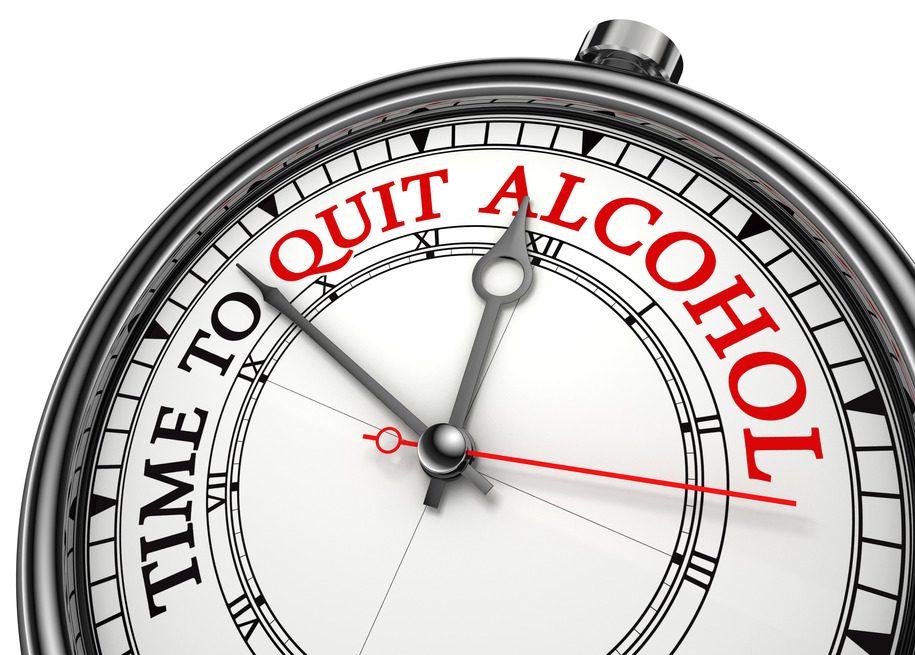Real compulsive drinking effects

Real compulsive drinking effects must be identified and treated professionally
Real compulsive drinking effects: Denial
When making reference to the real compulsive drinking effects, many at times concentration is much on the physical health without looking at the social consequences attached to alcoholism and substance abuse. There are quite of very devastating social consequences which doctor Dalal Akoury MD, President and founder of AWAREmed Health and Resource Center are going to share with us in this article. And as you continue unlocking your addiction problems and coming to terms with the realities of the dangers you’re putting yourself in, you can always start today by scheduling an appointment with the home of experts at AWAREmed Health Center for the commencement of your recovery process. Remember that early treatment is always preferred, however, if you have been in addiction for a long time, there is still hope and you can do the same now professionally with doctor Akoury. Now to the real compulsive drinking effects:
Real compulsive drinking effects: The effects of alcoholism and alcohol abuse on the people you love
Despite the potentially lethal damage that heavy drinking does to the body including cancer, heart problems, and liver disease the social consequences can be just as devastating. Alcoholics and alcohol abusers are much more likely to get divorced, have problems with domestic violence, struggle with unemployment, and live in poverty.
But even if you’re able to succeed at work or hold your marriage together, you can’t escape the effects that alcoholism and alcohol abuse has on your personal relationships. Drinking problems put an enormous strain on the people closest to you.
Often, family members and close friends feel obligated to cover for the person with the drinking problem. So they take on the burden of cleaning up your messes, lying for you, or working more to make ends meet. Pretending that nothing is wrong and hiding away all of their fears and resentments can take an enormous toll. Children are especially sensitive and can suffer long-lasting emotional trauma when a parent or caretaker is an alcoholic or heavy drinker.
Getting help for alcoholism or alcohol abuse
If you’re ready to admit you have a drinking problem, you’ve already taken the first step. It takes tremendous strength and courage to face alcohol abuse and alcoholism head on. Reaching out for support is the second step.
Whether you choose to go to rehab, rely on self-help programs, get therapy, or take a self-directed treatment approach, support is essential. Recovering from alcohol addiction is much easier when you have people you can lean on for encouragement, comfort, and guidance. Without support, it’s easy to fall back into old patterns when things get tough.
Your continued recovery depends on continuing mental health treatment, learning healthier coping strategies, and making better decisions when dealing with life’s challenges. In order to stay alcohol-free for the long term, you’ll also have to face the underlying problems that led to your alcoholism or alcohol abuse in the first place.
Those problems could be depression, an inability to manage stress, an unresolved trauma from your childhood, or any number of mental health issues. Such problems may become more prominent when you’re no longer using alcohol to cover them up. But you will be in a healthier position to finally address them and seek the help you need.
Real compulsive drinking effects: Denial
http://regenerativepotential.com/wp-admin








